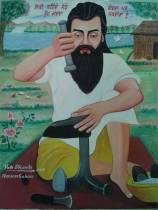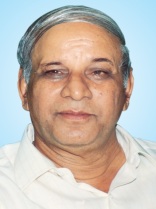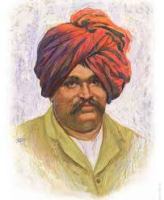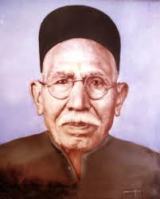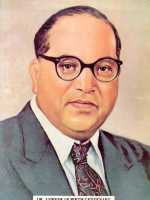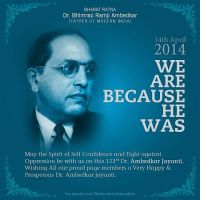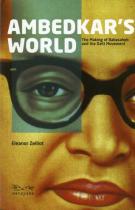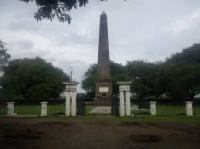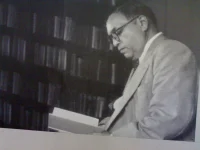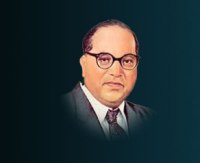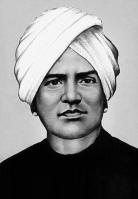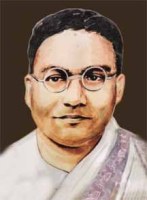Lest We forget – Iyothee Thass (1845 – 1914)
Introduction
Iyothee Thass was an intellectual and social critic of 19 – 20 century Tamilnadu. In the primordial collective consciousness of the Dravidians he sensed the Buddhist values of equality and compassion. Working them out he severely criticized the brahminic hegemony that brought in estrangement and caste division among the people. Though a man of secular credentials he upheld the ethico-rational sensitivity that genuine religion can cultivate in promoting justice, righteousness and truthfulness. In this paper a brief attempt is made to construct the reformistic work which done by Iyothee Thass Pandithar.
Who is Iyothee Thass?
Born on 20 May 1845, Thass’s original name was Kaathavarayan. His grandfather had served as a butler to Lord Arlington. Kaathavarayan gained expertise in Tamil literature, philosophy, Siddha and had good knowledge of English, Sanskrit and Pali. After organizing the tribal people in the Nilgris in the 1870s, he established the Advaidananda Sabha in 1876. He launched a magazine called ‘Dravida Pandian’ along with Rev. John Rathinam in 1885. He issued a statement in 1886 announcing that the so-called untouchables’ are not Hindus. He established the Dravida Mahajana Sabha in 1891 and during the very first Census urged the so-called untouchables to register themselves as casteless Dravidians. This in fact makes Tamil Dalits the true descendents of the anti-Brahmin legacy which is today claimed by non-Brahmin non-Dalits. Iyothee Thass’s meeting with Olcott was a turning point not only in his life but also for the Tamil Dalit movement. In many ways, Thass was a forerunner of Dr B.R. Ambedkar.
Check also – 5th May in Dalit History – Death Anniversary of Iyothee Thass
Iyothee Thass and Buddhism
He led a delegation of prominent Dalits to Olcott and pleaded for his help in reestablishing Tamil Buddhism. With Olcott’s help Thass visited Sri Lanka and got diksha from Bikkhu Sumangala Nayake. On his return, he established the Sakya Buddhist Society in Chennai with branches in many places including Karnataka. Returning from his sacred pilgrimage to Colombo, Iyothee Thass issued a pamphlet in Tamil, entitled, Buddha: The light without distinction of day and night. In this, he systematically stated his project “Tamil Buddhism” a brief statement of Sakya Buddha’s life was followed by an exploratory survey of the Tamil epical-ethical literary tradition to explain the past glory, the fall and the present degradation of the Tamil lower caste and the antagonism between Brahmins and Sakya –Valluva (Parayar) Tamils; the emancipatory future for the original Tamils was sought to be projected as the modern rediscovery of the earlier Buddhist traditions through construction of Buddhist Temples, maintenance of Buddhist medical halls, Buddhist college, Buddhist young men association, celebration of Buddha’s birthday anniversaries and establishment of Buddhist charity fund to feed the poor. The pamphlet closed with an appeal to join these effort by singing the apprehend forms. The coming together of the initial group to implement project Tamil Buddhism was, thus, based on a common understanding of a collective-historical rationale and a social consensus in the modern sense of the term. However, not all the founding members of the society took ‘pancha silam’ and became Buddhist. The Sakya Buddhist society started its activities in 1898 with religious meetings on Sundays, semi-public lectures on socio-religious issues by learned men of all faiths and confessions and conversions to Buddhism that is, taking of pancha silam and enrolling as members, though in small numbers, yet continuously. Soon the Sakya Buddhists were recognized as an independent entity by other international Buddhist bodies and a flow of visitors, monks and lay people started and increased with passing years. Writing about those early years, Iyothee Thass says: “lectures are delivered every week in the hall of the society in addition to the occasional lectures delivered here and there in the city of Madras. Thus a great interest is aroused in the minds of people in the life and teaching of our Lord Buddha. And not a few have been the conversion to the faith of the master… Some 260 Buddhist visitors, bhikkus and lay men and women from Holland, china, Japan, Burma, Ceylon, Siam, Singapore, Chittagong, Benares, Calcutta, Bodh Gaya and other places have called and stayed here on different occasions”.







